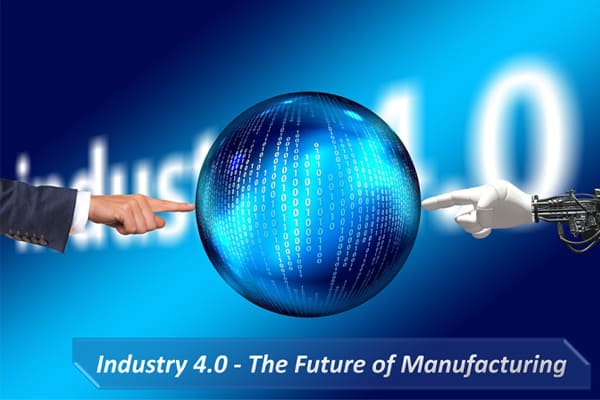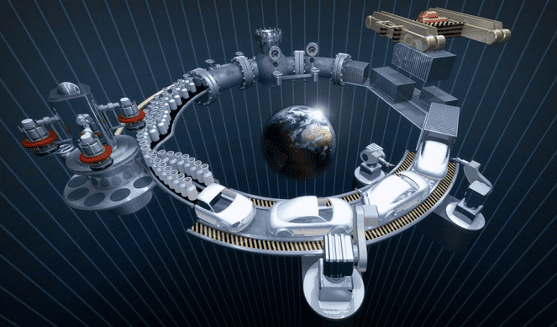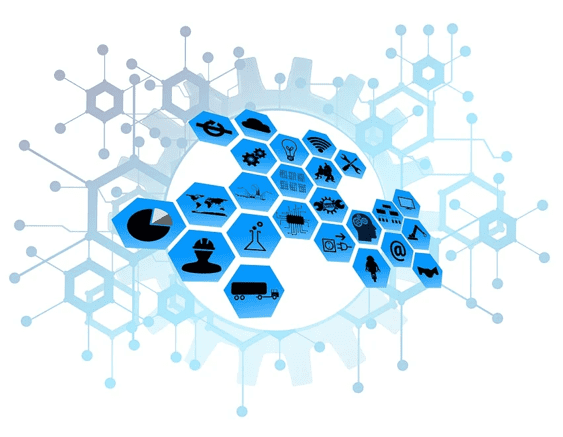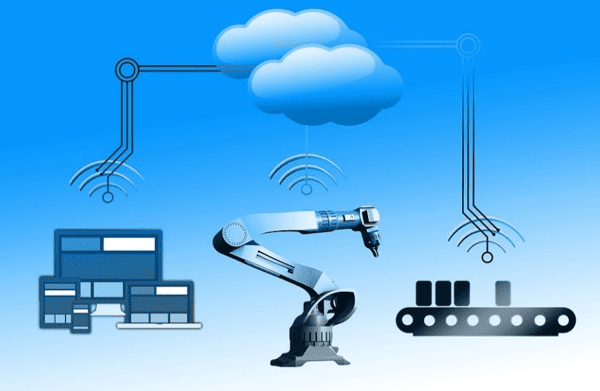
Welcome to my blog on Industrial 4.0, the latest revolution in the industrial sector. The world of manufacturing is changing rapidly with the emergence of Industry 4.0, also known as the Fourth Industrial Revolution. This revolution is characterized by the integration of digital technologies into every aspect of the manufacturing process, creating a new era of smart factories and supply chains. In this blog post, we will explore what Industry 4.0 is, its key features, and its potential impact on the manufacturing industry.
With the advent of Industrial 4.0, industries are moving towards digitization and automation. This revolution is changing the way businesses operate and interact with customers. Industrial 4.0 is not just a technology-driven change; it is also a cultural and organizational change that requires businesses to adapt to new ways of working.
One of the key technologies that are driving the Industrial 4.0 revolution is the Internet of Things (IoT). IoT devices are embedded with sensors, software, and other technologies that enable them to communicate and exchange data with other devices over the internet. This connectivity and data exchange allow businesses to collect real-time data on their operations and use that data to optimize their processes.
Another technology that is driving the Industrial 4.0 revolution is Artificial Intelligence (AI). AI algorithms can analyze large amounts of data and make predictions and recommendations based on that data. This technology can be used in industrial settings to optimize production processes and improve quality control.
Industrial 4.0 is also driving the adoption of new business models. For example, businesses are moving towards a more customer-centric approach, where they use data to understand their customers’ needs and preferences and offer personalized products and services. This approach can help businesses increase customer loyalty and generate new revenue streams.
What is Industry 4.0?
Industry 4.0 is the next phase in the evolution of manufacturing. It builds on the three previous industrial revolutions that have transformed manufacturing since the 18th century. The first industrial revolution, powered by steam and water, mechanized production. The second, powered by electricity, introduced mass production. The third, powered by electronics and information technology, automated production. Industry 4.0 is characterized by the integration of these technologies and the introduction of cyber-physical systems (CPS).

Key Features of Industry 4.0:
Industry 4.0 is marked by several key features, including:

Impact of Industry 4.0 on the Manufacturing Industry:
Industry 4.0 has the potential to transform the manufacturing industry in several ways. It can:
key challenges in Industry 4.0:
Application of industry 4.0 :

Finally, the Industrial 4.0 revolution is also changing the way businesses approach sustainability. The use of digital technologies can help businesses reduce their environmental footprint by optimizing their energy consumption and reducing waste.

Conclusion:
The Industrial 4.0 revolution is transforming the way businesses operate by introducing new technologies, practices, and business models. This revolution is not just about technology, it is also about organizational and cultural change. As businesses continue to embrace the Industrial 4.0 revolution, they will need to adapt to new ways of working and adopt a more customer-centric and sustainable approach to doing business. Industry 4.0 is an exciting development in the manufacturing industry, offering new opportunities for efficiency, quality, and flexibility. As more and more companies adopt these technologies, we can expect to see a transformation in the way goods are produced and supplied. To stay competitive, companies will need to embrace this new era of smart manufacturing and invest in the technologies that enable it. The future of manufacturing industry related to Industrial 5.0 which include cloud computing, blockchain, analytic of big data, IoT and 6g world. Industry 5.0 concept is designed to make the effect of human and machine correctly.
Tags: Industrial 4.0 Automation Services, Robotic Process Automation Services, PLC & SCADA programming, Distributed Control System, HMI Real Time Data Visualization, Systems Engineering and Analysis, Industrial Automation Services, Artificial Neural Network system, ERP system, Safety system